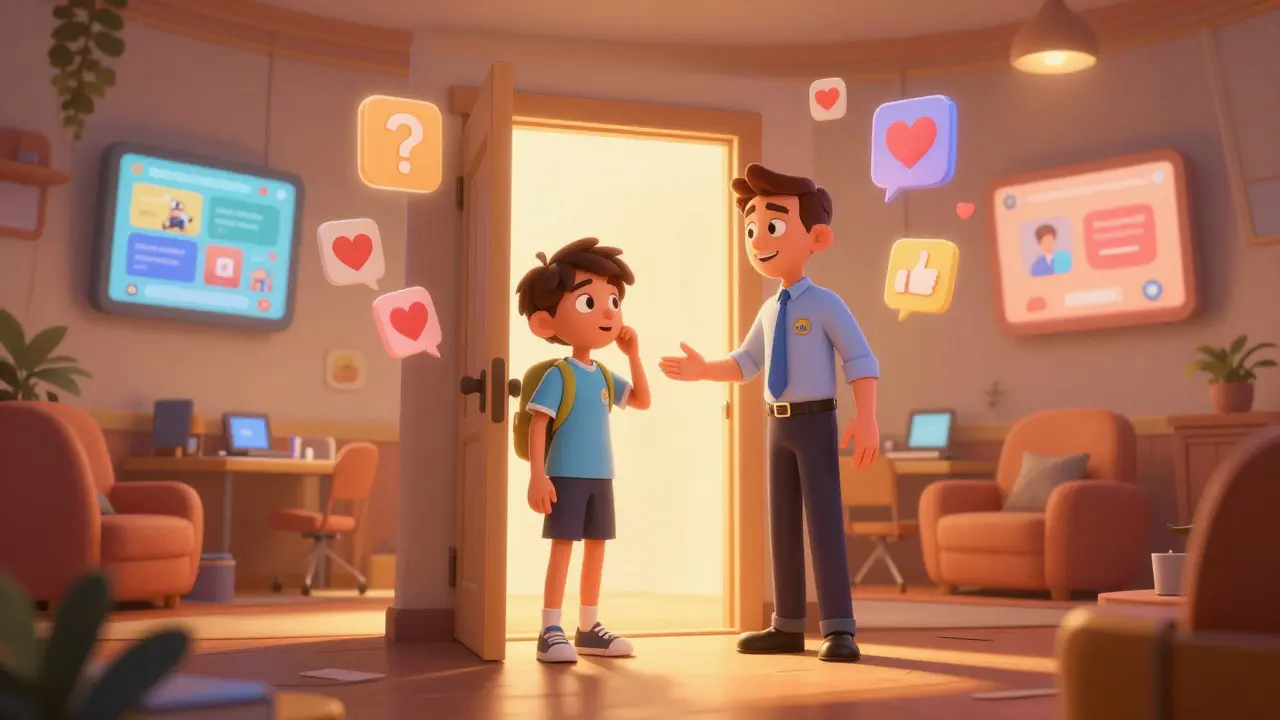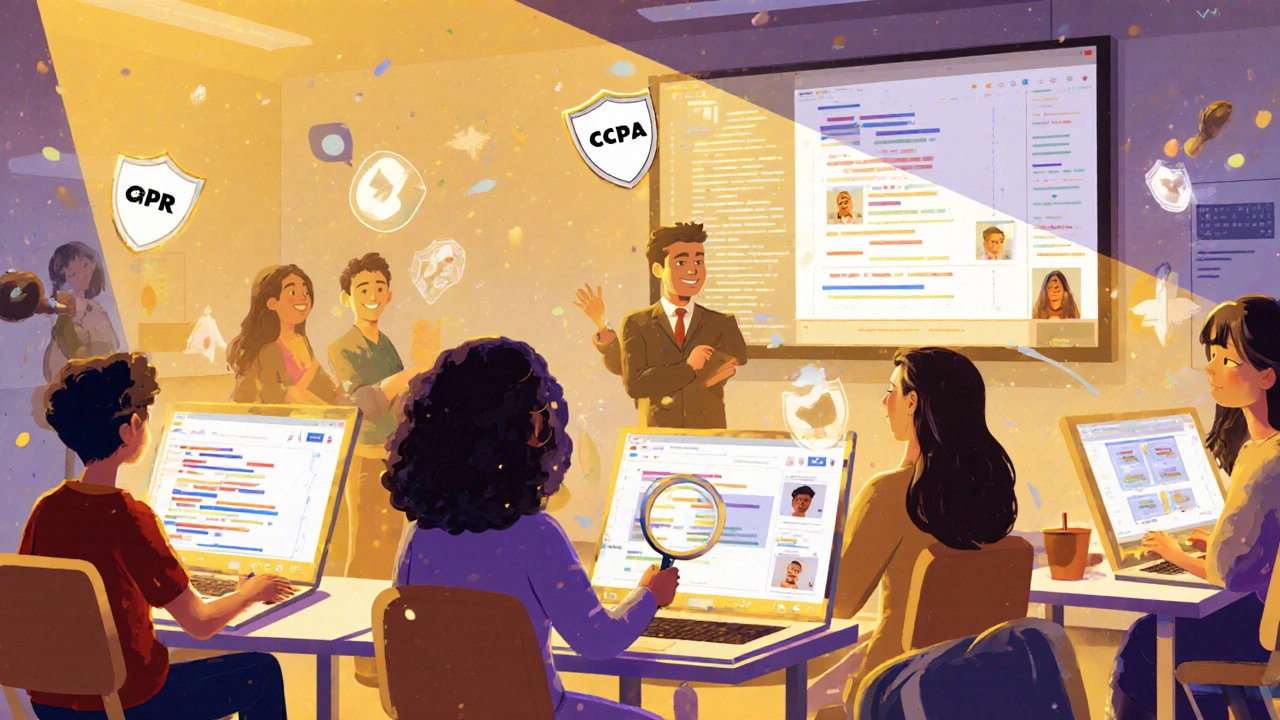Social Learning: How Peer Interaction Builds Real Trading Skills
When you learn to trade alone, you’re guessing. When you learn with others, you’re social learning. social learning, a method where knowledge is gained through interaction with peers, observation, and shared experience. Also known as collaborative learning, it’s how people actually master complex skills like risk management, pattern recognition, and emotional control—not by reading alone, but by watching, asking, and doing together. Think about it: no one learns to drive by just reading a manual. You need a coach, a learner beside you, maybe even someone who wrecked their first car so you don’t have to. Trading’s the same. The best traders didn’t get good by studying charts in silence. They talked about trades, shared losses, celebrated wins, and corrected each other’s mistakes in real time.
That’s why online learning communities, structured groups where learners interact regularly to solve problems and share insights work better than solo courses. Studies in education show people retain 75% more when they teach or discuss what they’ve learned. In trading, that means a live chat where someone says, "Why did you exit here?"—and you have to explain your logic—forces you to think deeper than any quiz ever could. peer learning, the process of learning from others at a similar level through feedback and collaboration isn’t about getting answers. It’s about building the habit of questioning, adapting, and refining your edge. You’ll see how others handle a losing streak. You’ll notice how someone else spots a false breakout. You’ll realize your stop-loss was too tight because someone else got stopped out on the same setup—and lived to trade again.
This isn’t theory. The posts below show how real trading education works: from community guidelines that keep discussions useful, to office hours that turn questions into breakthroughs, to cohort-based courses that keep you accountable. You’ll find how gamification and escape-room-style challenges use group dynamics to make learning stick. You’ll see how testimonials aren’t just praise—they’re proof that social learning builds confidence. And you’ll learn why ethics training, content moderation, and safety in learning spaces aren’t just policies—they’re what make peer learning possible in the first place.
If you’ve ever felt lost studying alone, this collection is your fix. You’re not here to memorize indicators. You’re here to learn how to think like a trader—with others who are figuring it out too.

How Ambassador and Champion Programs Build Stronger Learning Communities
Ambassador and champion programs turn passive learners into active community builders, boosting completion rates and creating lasting connections. Learn how to start one with minimal resources and maximum impact.

Legal and Privacy Considerations in Online Community Management for Social Learning
Learn the legal and privacy rules every online learning community manager must follow to protect members' data, avoid fines, and build trust. Essential for educators and platform owners.